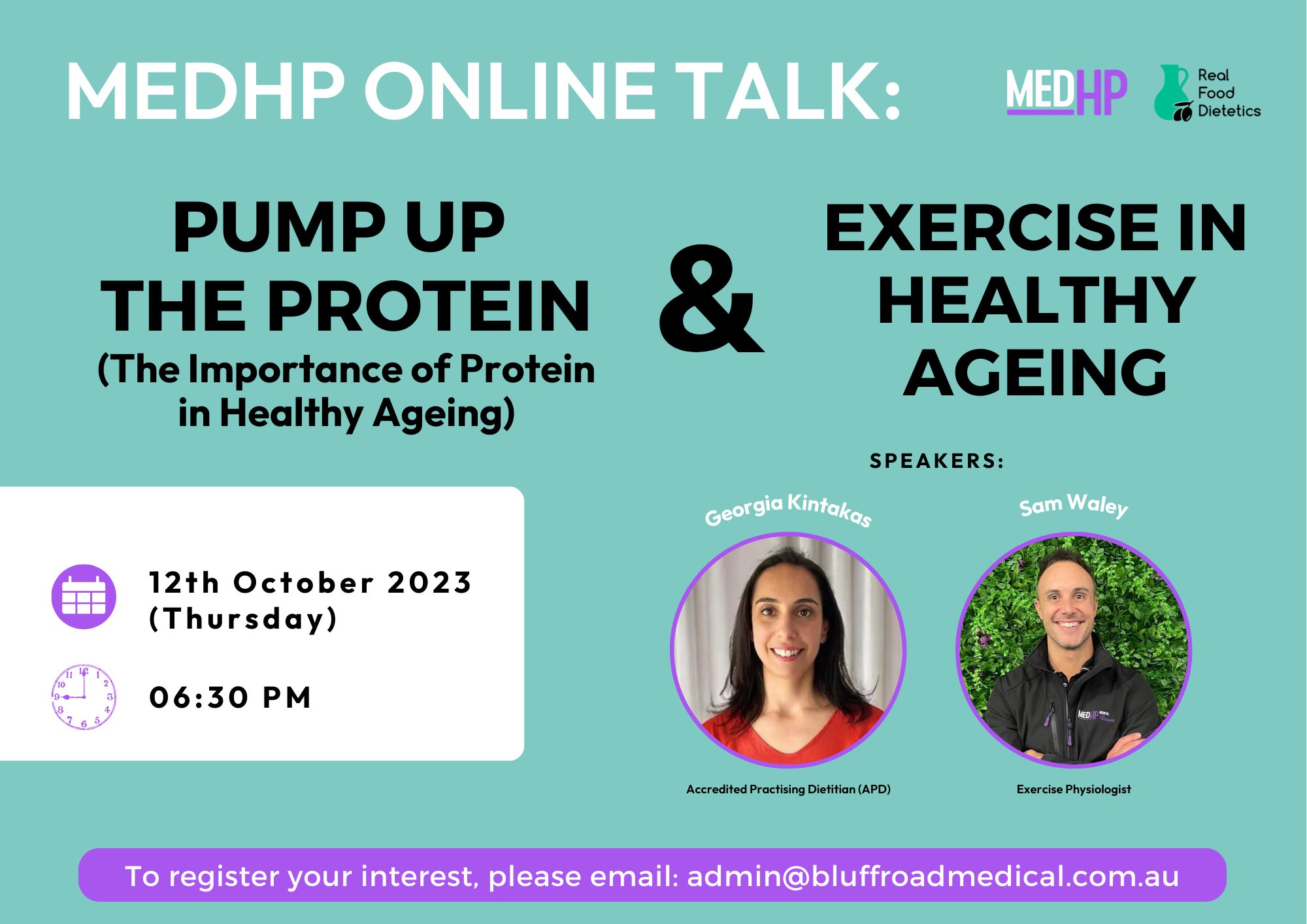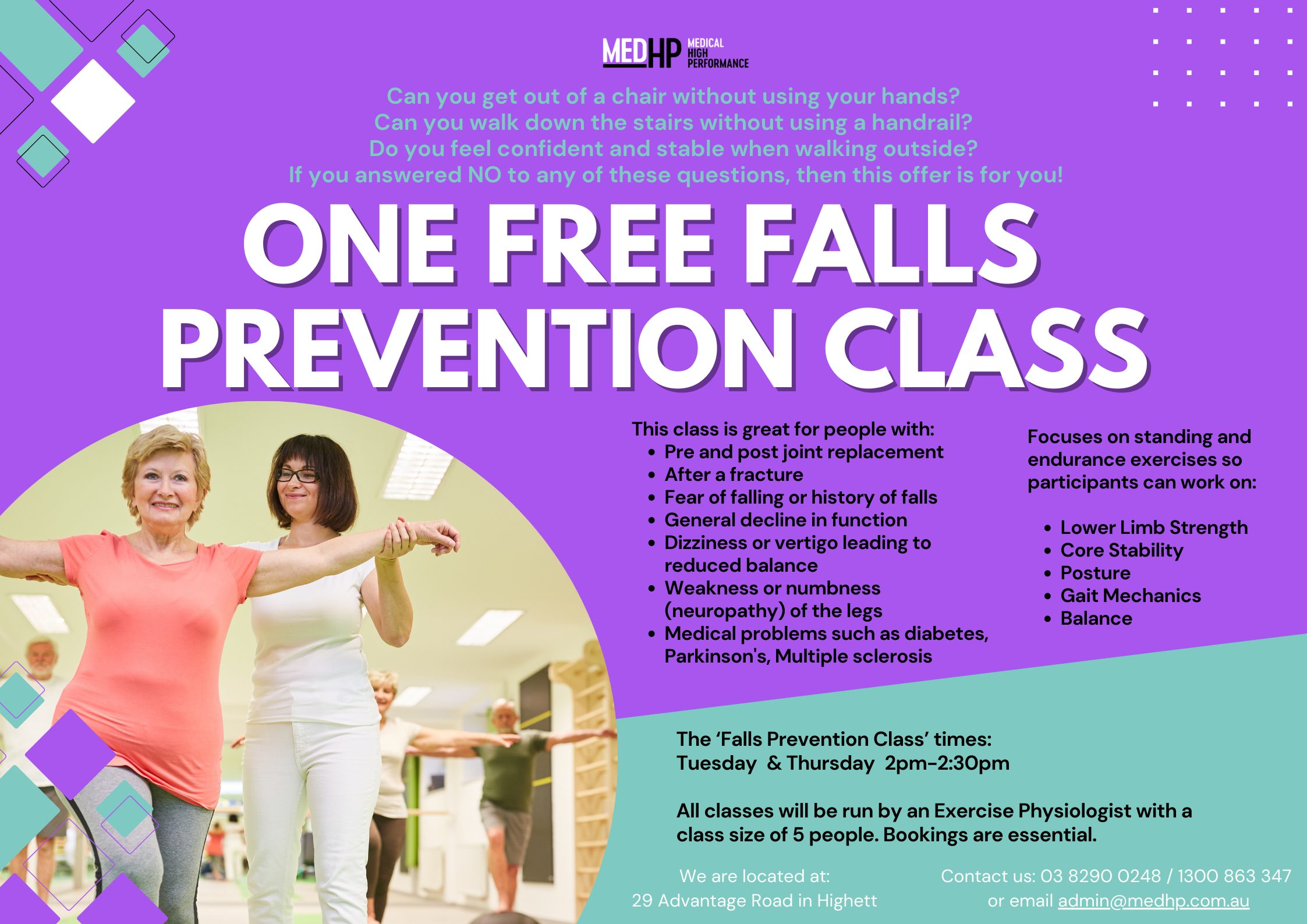Your Guide to Understanding and Managing Allergies
Living in Melbourne, offers an array of experiences, diverse landscapes, and a vibrant lifestyle. However, for many, allergies can cast a shadow over this otherwise idyllic setting. In this article, we’ll explore common allergies and provide essential insights.
Allergies – The Common Culprits
Melbourne’s climate and environment contribute to a range of allergies. Some of the most prevalent allergens include:
1. Pollen: The city’s four-seasons-in-a-day weather can lead to sporadic bursts of pollen production, affecting individuals sensitive to grasses, trees, and weeds.
2. Dust Mites: The cool and damp climate creates an ideal breeding ground for dust mites. These microscopic creatures thrive in bedding, upholstery, and carpets, triggering allergic reactions in susceptible individuals.
3. Mould Spores: Frequent rainfall and high humidity levels can lead to mould growth in homes and buildings. Mould spores released into the air can cause respiratory distress and allergies in people with sensitivities.
4. Food Allergies: Common food allergens like nuts, shellfish, and dairy can be found in many dishes, so communication with restaurant staff is vital.
5. Insect Allergies: Insects like bees, wasps, and ants can cause severe allergic reactions if stung. Being aware of your allergy status and carrying an epinephrine auto-injector if necessary is crucial.
Understanding Allergic Reactions Allergic reactions occur when the immune system mistakenly identifies a typically harmless substance as a threat. The immune response triggers the release of histamines and other chemicals, leading to a range of symptoms. Common allergic reactions include:
– Respiratory Symptoms: Sneezing, runny or stuffy nose, coughing, wheezing, and shortness of breath.
– Skin Reactions: Itching, hives, eczema, and swelling.
– Digestive Issues: Nausea, vomiting, and abdominal pain.
– Anaphylaxis: A severe and potentially life-threatening allergic reaction that can cause a sudden drop in blood pressure, difficulty breathing, and loss of consciousness.
Managing Allergies: Tips
1. Consult a Medical Professional: If you suspect you have allergies, consult your GP for proper diagnosis and management. Allergy testing can help identify specific triggers, enabling you to take targeted precautions.
2. Allergy-Proof Your Home: Regular cleaning, using allergen-proof bedding, and maintaining indoor humidity levels can help reduce exposure to allergens like dust mites and mould. 3. Monitor Pollen Counts: Keep an eye on daily pollen counts, especially during high pollen seasons. Staying indoors and using air purifiers can provide relief on high pollen days.
4. Carry Medications: If prescribed by your doctor, carry antihistamines, nasal sprays, and inhalers to manage allergic symptoms when needed.
5.Inform Others: Make sure friends, family, coworkers, and teachers are aware of your allergies, especially if they are severe or could lead to anaphylaxis.
6. Read Food Labels: When dining out or purchasing packaged foods, read labels carefully to identify potential allergens.
While allergies can pose challenges, you don’t have to compromise your quality of life. If you suspect you have allergies, don’t hesitate to seek guidance from your doctor to ensure a healthier and happier life.


